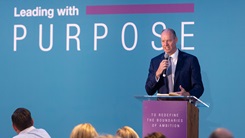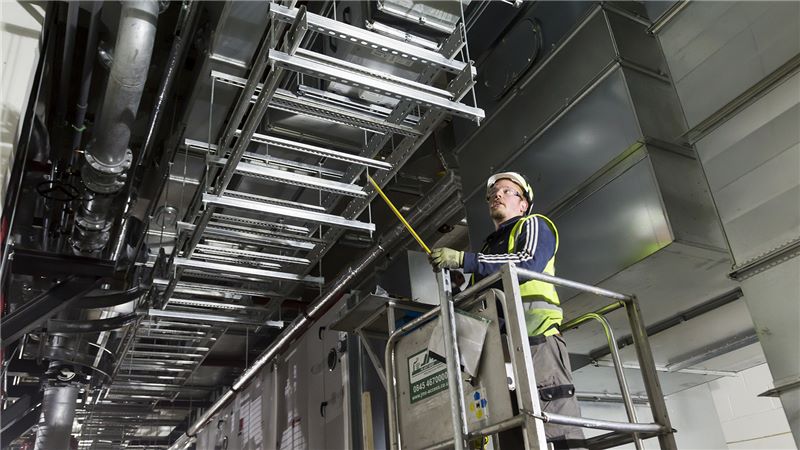Estates rationalisation: delivering a successful strategy
In the last decade, most organisations have become much smarter about how they manage their estates. You'd be hard placed to find a large organisation which hasn't run an estates rationalisation programme in the last few years.
In most cases, these programmes are designed to deliver against a single metric: reduced costs.
It's easy to understand why - it's simple to visualise and straightforward to measure. Fewer desks means less spent on office space and more to invest elsewhere in the business.
Property professionals understand this is only half the story. Effective estate rationalisation programmes offer huge potential to change employee behaviour and drive forward a more collaborative, engaged working style.
With that comes both reduced staff attrition - and the potential for big productivity gains. New shared collaborative space and the adoption of new technology offer huge opportunities to improve the delivery of work in an organisation.
Unfortunately, those gains are hard to define when planning for an estates strategy, and even harder to capture once a programme has been completed.
Delivering a successful estates strategy means more than just cutting costs and making sure people are hot-desking. If done right, it's a transformational programme that will leave a positive legacy across company culture, working style and productivity ratings.
The question is how can you ensure that you're delivering a programme that meets business needs? How can you be certain that your employees will effectively engage with your plans?
In our latest Insights report, experts from Mace and elsewhere explain how they've been responding to those challenges. Download the report or listen to our podcast to find out more.












